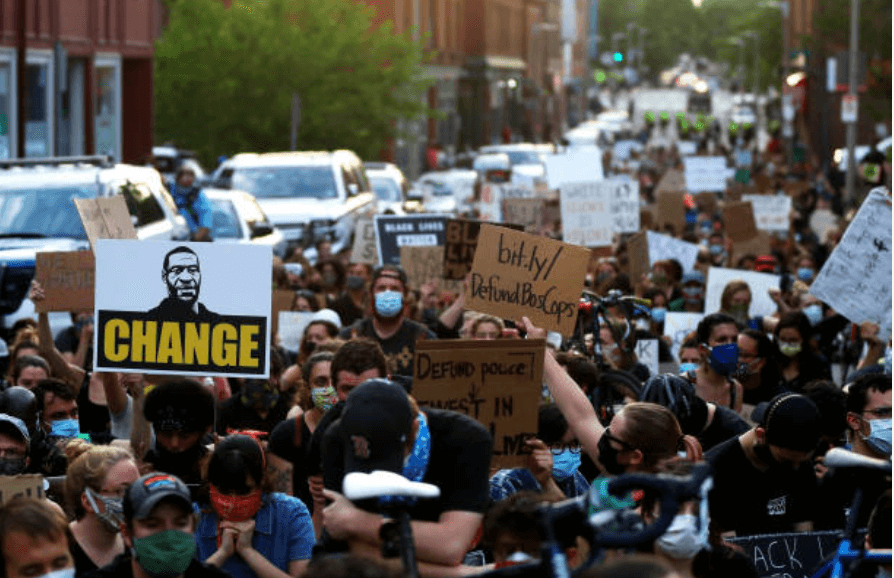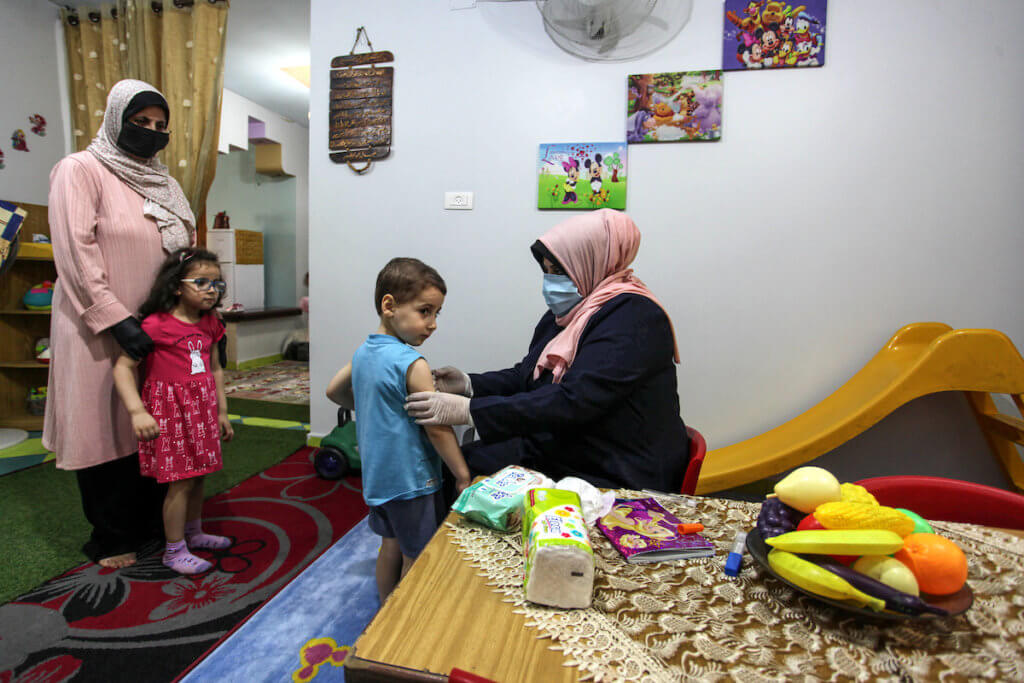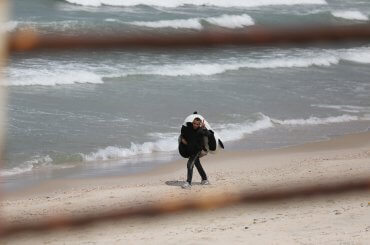The Latest:
- 394 confirmed cases of COVID-19 in the West Bank
- 70 confirmed cases of COVID-19 in the Gaza Strip
- 179 confirmed cases of COVID-19 in East Jerusalem
- 5 Palestinians have died of COVID-19 related causes; 3 in the West Bank and Gaza; 2 in Jerusalem
- 17,562 confirmed cases of COVID-19 in Israel
- 15,026 patients in Israel have recovered; 291 died
Unemployment will increase, again
With the state of emergency lifted across the West Bank and Gaza, the coronavirus pandemic appears to be winding into a new phase, one of social distancing but inevitable crowds as shops and mosques reopen.
The return to normal has come with a new set of worries over the lasting economic impacts of lockdown. The last year saw financial pressure on the cash-strapped Palestinian Authority as the Trump administration cut funding. The GDP grew just 1 percent and this year was projected to slowly increase to 2.5 percent. However, a new report from the World Bank published this week estimates the economy will contract up to 11 percent.
Last year the deficit was $800 million. This year it will be around $1.5 billion.
“With the COVID-19 pandemic in its third month, the crisis is affecting Palestinian lives and livelihoods, said Kanthan Shankar, World Bank Country Director for West Bank and Gaza.
The losses are expected to hit the poorest Palestinians the hardest, the report notes, “the rise in unemployment and poverty will be substantial.”
From the World Bank:
“The economic decline is expected to have a negative impact on standards of living and wellbeing. Even prior to the Covid-19 pandemic, around a quarter of Palestinians lived below the poverty line: 53 percent in Gaza, and 14 percent in the West Bank. According to preliminary estimates, it is expected that the share of poor households will increase to 30 percent in the West Bank and to 64 percent in Gaza. The impact is expected to be larger in the West Bank due to a substantial reduction in the wage income of workers that can no longer travel to Israel. Also, in the West Bank, the share of households that hold public jobs and whose income is not expected to be affected is lower than in Gaza. Finally, the West Bank has a lower share of non-labor income, in particular aid, among the poorest.”
PA refuses cash in protest of annexation
Adding to its substantial woes, the Palestinian Authority is rejecting around $150 million in VAT tax revenue that is transferred from Israel, following announcements from Israeli officials over possible annexation of parts of the West Bank as early as July 1.

Taking to Twitter, the Palestinian Civil Affairs Commission Director Hussein al-Sheikh confirmed the move came in response to Israel’s announced annexation of parts of the West Bank that is expected in the coming weeks, stating “we no longer have agreements with the government of Israel.”
His comments reference Palestinian President Mahmoud Abbas who announced on May 20, 2020 his government would no longer adhere to the Oslo Accords, or any agreement between Israel and the U.S. while annexation was under consideration.
The sum represents around 60 percent of Ramallah’s expenses. In recent years Israel has stalled the payments and in 2019 it garnished a portion over a row about allocations to Palestinian prisoners convicted of killing Israelis. Mondoweiss’ Yumna Patel reported on the subsequent austerity measures.
According to the Times of Israel, the money transfers had gone back to normal this year.
Black Lives Matter

While Palestinians face many, many challenges and are caught between a pandemic and annexation, much our attention over the last week has been here in the U.S. following the killing of George Floyd by a white police officer in Minneapolis eleven days ago. Protests against police violence towards black people have reached 400 cities across the country. An AP tally shows 10,000 have been arrested across the nation in acts of protest.
For readers looking for ways they can engage, you can check out this national list of bail funds for demonstrators.
We also recommend this syllabus by Prof. Frank Leon Roberts for a class on the Black Lives Matter movement that he teaches at New York University. It gives an overview of the movement, its demands, and the political, social, and historical context from which it started. You can also follow our coverage of the Black Lives Matter movement and its intersections with Palestine here.
Be safe and we’ll see you next week.


